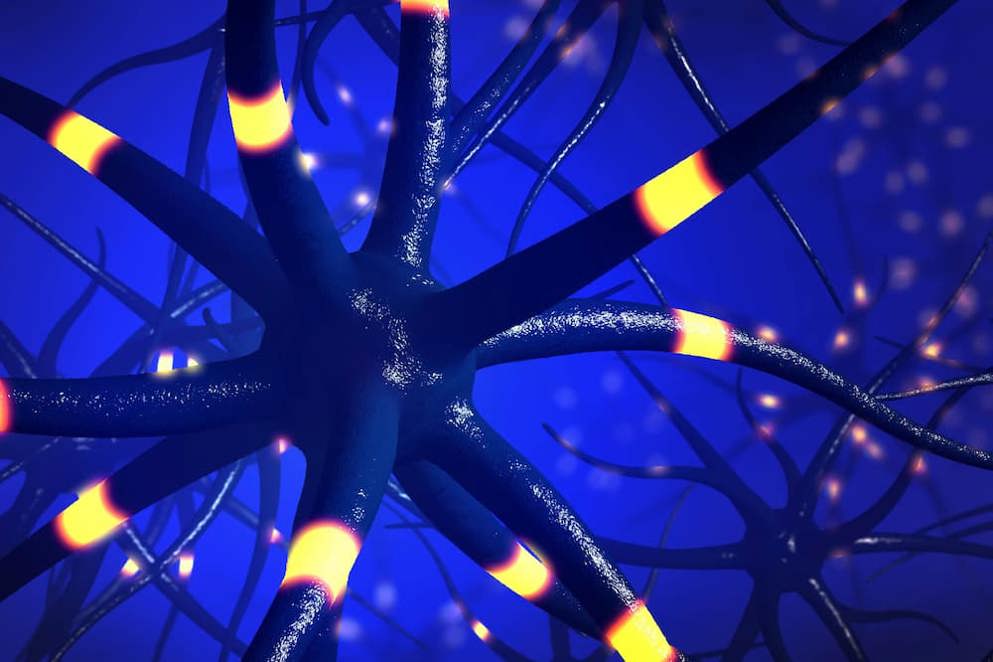Mavenclad data at ACTRIMS Forum 2022 shows favourable efficacy outcomes versus other oral DMTs and lower occurrence of further relapses in r/r multiple sclerosis.
Merck KGaA, a leading science and technology company, announced new real-world data from the MSBase Registry demonstrating Mavenclad (cladribine tablets) had more favourable relapse outcomes and longer time to switch to another disease modifying therapy (DMT) compared to the oral DMTs fingolimod, dimethyl fumarate (DMF) and teriflunomide in relapsing multiple sclerosis (RMS) patients.
A second study, analysing real-world follow up of clinical trial patients with a first attack suggestive of MS, showed those treated with Mavenclad had a lower rate of conversion to clinically definite multiple sclerosis (CDMS), defined by further relapse or disability progression, and lower risk of relapse than those not exposed to Mavenclad. These data will be presented at the Americas Committee for Treatment and Research in Multiple Sclerosis (ACTRIMS) Forum 2022, taking place 24-26 February 2022.
In this first analysis of its size from the Generating Learnings In MultiPle SclErosis (GLIMPSE) study, data from 633 patients prescribed Mavenclad in the MSBase Registry was matched using propensity scores to patients receiving fingolimod (n=1195), DMF (n=912) or teriflunomide (n=735). Results showed the annualised relapse rate (ARR) for patients treated with Mavanclad was 0.09 compared to 0.15, 0.15 and 0.17 for fingolimod, DMF and teriflunomide, respectively. Time-to-first relapse in Mavenclad-treated patients was 40%, 42% and 67% lower than in patients treated with fingolimod, DMF and teriflunomide, respectively. The time to switch rate in patients treated with Mavenclad was 4, 7 and 6.5 times lower than fingolimod, DMF and teriflunomide, respectively. The GLIMPSE study was a longitudinal, retrospective analysis of adult patients identified with RMS from the MSBase Registry, an international online registry for neurologists studying MS and other neuro-immunological diseases.
Also being presented are new data from an exploratory Phase IV CLASSIC-MS follow-up of patients (n=227) from the Phase III ORACLE-MS study which suggest early use of cladribine tablets reduced the risk of further relapse or disability progression (CDMS) in patients who experienced a first episode of neurologic attack with characteristics that put them at high risk of CDMS. Over half the patients (53.2%) treated with cladribine tablets remained relapse free compared to 28.2% of those who did not receive cladribine tablets. In patients who received cladribine tablets, 42.9% were diagnosed with CDMS in the median of 9.5 years since their last dose. In patients never treated with cladribine tablets, 70.4% were diagnosed with CDMS.
In ORACLE-MS, patients with a first clinical demyelinating event were randomised to receive cladribine tablets 3.5 mg/kg, cladribine tablets 5.25 mg/kg or placebo. This analysis at the ACTRIMS Forum 2022 investigated the long-term efficacy in patients from the ORACLE-MS trial who had received at least one course of cladribine tablets (68.7%) or placebo (31.3%). Cladribine tablets (5.25 mg/kg) are not approved for any use in any region.

